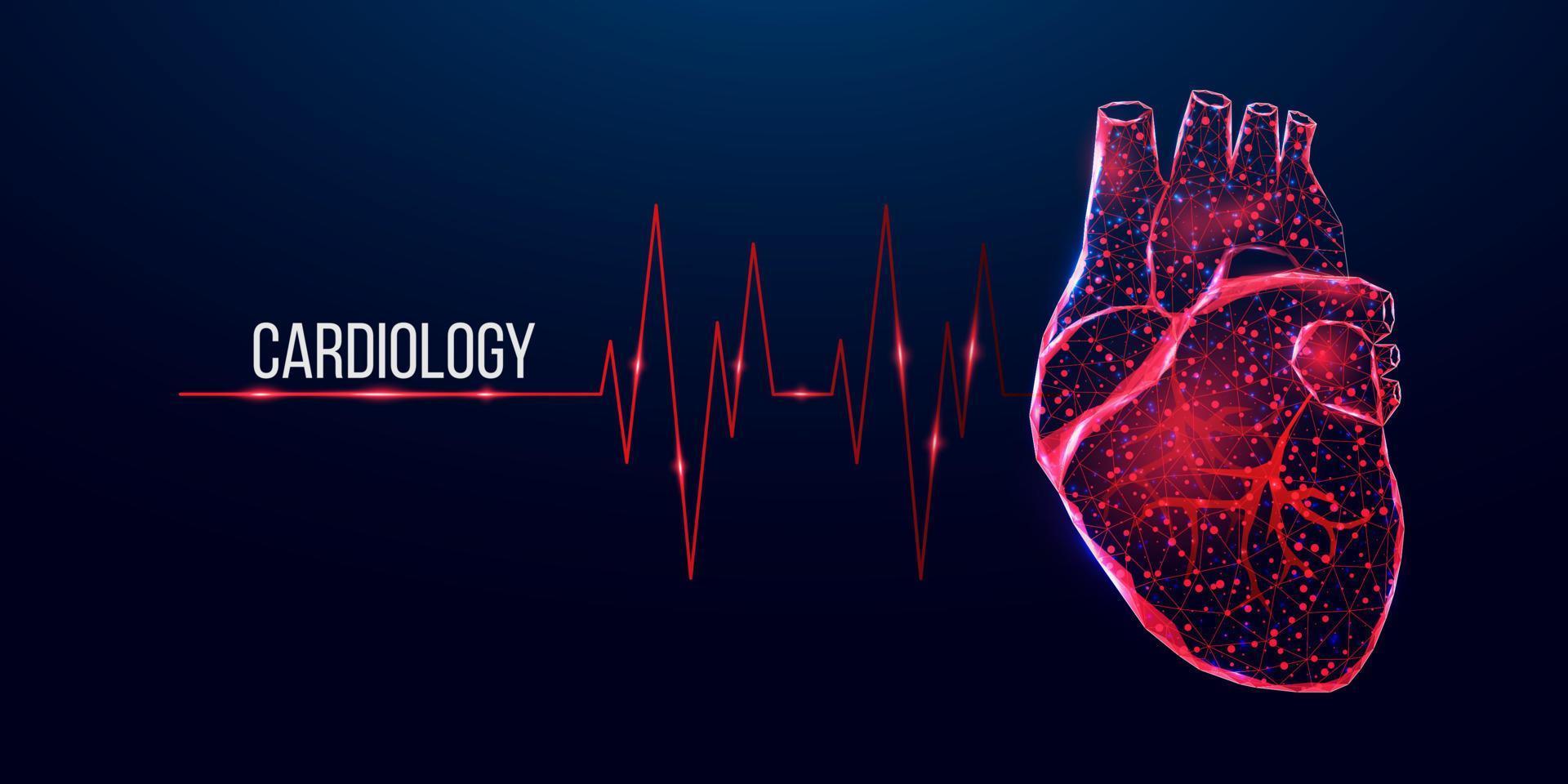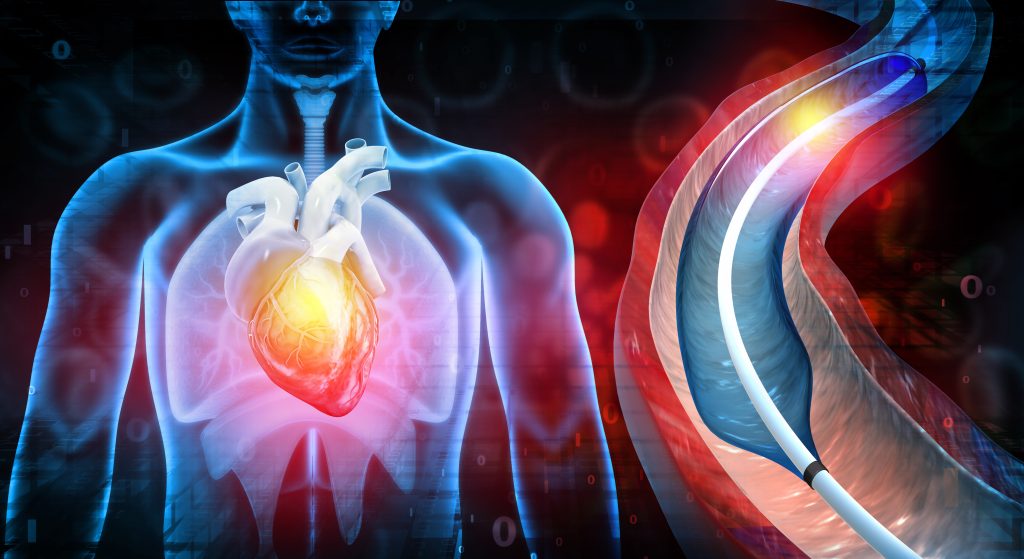Eating for your heart through the lens of Cardiology care
Eating for your heart through the lens of Cardiology care
Blog Article
Comprehending the Value of Cardiology in Modern Medical Care Solutions
Cardiology plays a critical role in contemporary health care, especially as cardiovascular disease remains to be the leading reason of death worldwide. Breakthroughs in diagnostics and therapy have actually changed person treatment, making it possible for earlier treatments and improved outcomes. The shift towards preventive cardiology empowers people to handle their health and wellness proactively. As innovation remains to evolve, the assimilation of cutting-edge options may even more redefine cardiology's impact on public health, prompting a better evaluation of arising fads and their ramifications.
The Occurrence of Heart Disease and Its Effect on Public Health
Although cardiovascular disease continues to be the leading reason of death globally, its influence prolongs far past private patients to influence public health and wellness systems and economic climates. The high prevalence of heart condition puts a substantial stress on healthcare sources, necessitating raised funding for rehabilitation, treatment, and prevention programs. Public wellness efforts have to deal with threat elements such as excessive weight, cigarette smoking, and less active lifestyles, which contribute substantially to the rising incidence of heart conditions.Moreover, the financial burden connected with heart problem is immense, including not just straight clinical costs but likewise indirect expenditures related to lost efficiency and premature death. Communities face difficulties in taking care of these prices, frequently causing disparities in medical care access and results. As the populace ages and lifestyle-related dangers remain to rise, the urgency for effective cardiology treatments ends up being extremely important. Addressing heart disease is not only a matter of private health and wellness but also a crucial public health and wellness priority.
Advancements in Cardiac Diagnostics and Imaging Techniques
Recent advancements in heart diagnostics and imaging techniques have actually reinvented the field of cardiology, improving the ability to spot and keep track of heart problem. Methods such as cardiac MRI, CT angiography, and echocardiography have come to be significantly advanced, offering detailed pictures of heart structures and features. These techniques enable for the early recognition of conditions like coronary artery condition, heart failing, and valvular disorders.Moreover, advancements in non-invasive diagnostics, such as wearable technology and remote surveillance tools, have actually equipped patients and doctor. These devices promote real-time monitoring of heart rhythms and other important indicators, causing prompt treatments. Additionally, fabricated intelligence is being incorporated into imaging evaluation, improving precision and efficiency in medical diagnosis.
Developments in Therapy Options for Heart Issues
Recent improvements in cardiology have actually resulted in substantial developments in therapy options for heart disease. These consist of advanced medical techniques that improve step-by-step outcomes and emerging medications that offer new methods for therapy. As the field advances, these innovations play an important function in boosting client treatment and end results.
Advanced Surgical Techniques
Innovations in surgical methods have actually changed the landscape of cardiology, offering new expect people with heart disease. Minimally invasive procedures, such as catheter-based treatments, have actually significantly minimized recuperation times and hospital stays. Methods like robotic-assisted surgical treatment boost accuracy, allowing cosmetic surgeons to navigate complicated physiological frameworks with better precision. Advancements in imaging technology assist in real-time visualization during procedures, improving end results. Transcatheter aortic shutoff substitute (TAVR) exhibits an innovation in treating aortic constriction, making it possible for shutoff substitute without open-heart surgical procedure. Furthermore, hybrid techniques that integrate medical and catheter-based approaches supply tailored solutions for various heart concerns. These advanced surgical strategies not just improve client safety but additionally increase therapy choices, highlighting the crucial role of technology in modern-day cardiology methods.
Emerging Medicines and Therapies
As the landscape of cardiology continues to evolve, arising therapies and drugs play an essential role in boosting treatment options for heart problems. Developments such as unique anticoagulants and progressed lipid-lowering representatives have actually changed the management of heart diseases, considerably minimizing patient morbidity and death. In addition, the growth of genetics treatments and regenerative medication uses encouraging avenues for dealing with conditions previously considered irreversible. Medical trials are constantly exposing the efficiency of these therapies, pressing the boundaries of traditional treatments. In addition, the combination of electronic health and wellness technologies helps with tailored medicine, enabling for customized treatment strategies based upon genetic and way of life variables. Collectively, these innovations underscore the dynamic nature of cardiology, enhancing person end results and redefining standards of care in contemporary health care.
The Function of Preventive Cardiology in Patient Care
Precautionary cardiology plays a necessary duty in person treatment by concentrating on the recognition of danger factors that contribute to cardiovascular disease. With way of life adjustment methods and very early detection methods, doctor can effectively reduce the incidence of cardiovascular occasions - Cardiology Jupiter. This positive method not only improves patient outcomes yet additionally advertises lasting wellness
Danger Element Identification
While heart diseases continue to be a leading reason of morbidity and mortality worldwide, efficient risk factor recognition acts as a foundation of preventive cardiology. Recognizing danger aspects such as hypertension, hyperlipidemia, diabetes, and family background is important for early treatment. Health care professionals make use of different screening techniques to evaluate these variables, enabling for customized safety nets. Furthermore, comprehending a patient's way of life choices, such as smoking cigarettes and physical lack of exercise, additionally informs danger assessments. This complete evaluation makes it possible for clinicians to establish individualized care strategies targeted at mitigating dangers. By focusing on risk aspect recognition, health care systems can improve patient results and lower the overall problem of heart diseases, eventually adding to enhanced public wellness techniques and source appropriation.
Lifestyle Adjustment Methods
A multitude of studies highlights the crucial function of way of living alteration strategies in decreasing heart disease threat. These strategies encompass dietary modifications, boosted exercise, smoking cigarettes cessation, and weight management. By adopting a heart-healthy diet rich in fruits, vegetables, whole grains, and lean proteins, individuals can lower cholesterol levels and blood pressure. Regular physical activity strengthens the heart and boosts total cardio wellness. Furthermore, giving up smoking cigarettes significantly minimizes the threat of cardiovascular disease and boosts healing prices for those with current conditions. Weight administration additionally adds to cardiovascular health and wellness by Learn More Here reducing other risk factors such as diabetes mellitus and high blood pressure. Applying these way of living transforms not only promotes individual health however likewise serves as a read the full info here cornerstone of preventive cardiology in person care.
Very Early Discovery Methods
Way of life alterations substantially add to decreasing heart disease dangers, but they are most reliable when coupled with very early detection strategies. Preventative cardiology highlights the significance of recognizing prospective heart concerns before they escalate into severe problems. Techniques such as blood stress tracking, cholesterol testing, and advanced imaging modern technologies like echocardiograms play essential duties in assessing cardiovascular health and wellness. Biomarkers and genetic screening additionally boost the precision of early detection, permitting tailored preventive techniques. Routine cardiac danger evaluations encourage doctor to step in proactively, possibly avoiding heart attacks and strokes (Cardiologist near me). By integrating these very early discovery methods right into regular care, individuals can gain from timely way of life treatments and targeted treatments, eventually improving and enhancing end results lifestyle
Integrating Innovation Into Cardiology Practices
As innovations in technology remain to reshape different areas, the integration of innovative tools and systems into cardiology methods has actually come to be important for improving individual treatment and end results. Telemedicine platforms permit cardiologists to keep an eye on people from another location, boosting accessibility to care while reducing the burden on healthcare centers. Wearable devices, such as smartwatches, enable constant heart rate tracking, notifying both physicians and clients to prospective issues in real-time. Furthermore, expert system (AI) is being utilized to evaluate vast amounts of cardiac data, assisting in early medical diagnosis and personalized treatment plans. Advanced imaging techniques, including 3D echocardiography, improve visualization of heart frameworks, leading to much more accurate interventions. Digital wellness documents (EHRs) improve patient information monitoring, making certain that cardiologists have immediate access to link crucial data. With each other, these technological developments are transforming cardiology, advertising proactive administration and boosted wellness end results for clients with cardiovascular problems.
The Relevance of Person Education And Learning and Involvement
Patient education and involvement play an essential duty in the monitoring of cardio health and wellness. By equipping clients with knowledge regarding their problems, treatment choices, and lifestyle changes, doctor empower people to take an energetic role in their care. This positive technique can bring about enhanced adherence to suggested medications, nutritional modifications, and workout routines, eventually minimizing the risk of complications.Engagement likewise cultivates a solid patient-provider relationship, encouraging open communication and trust. When patients really feel educated and included, they are most likely to voice worries and ask concerns, which can bring about much better clinical outcomes. Furthermore, instructional sources, such as workshops or digital platforms, can enhance understanding and promote self-management strategies. In general, prioritizing individual education and interaction is crucial for improving cardiovascular health and wellness, improving lifestyle, and reducing health care prices related to cardio conditions.
Future Fads in Cardiology and Their Possible Impact

Regularly Asked Questions
What Lifestyle Adjustments Can Lower Cardiovascular Disease Risk?
The current concern addresses lifestyle adjustments that can considerably minimize heart disease risk. Cardiology Jupiter. Taking on a well balanced diet regimen, participating in normal physical activity, keeping a healthy and balanced weight, managing stress and anxiety, and preventing cigarette can notably improve cardio wellness
How Can I Acknowledge Early Signs of Heart Issues?
Identifying early indicators of heart problems entails tracking signs such as breast pain, shortness of breath, fatigue, and uneven heart beat. Prompt understanding of these indications can prompt necessary medical evaluation and treatment for much better results.
What Are the Differences In Between Cardiologists and Heart Surgeons?
The differences between cardiologists and cardiac doctors depend on their duties; cardiologists largely identify and take care of heart problems through non-invasive methods, while heart doctors execute medical treatments to remedy architectural heart concerns. Each plays a vital, unique duty.

How Frequently Should I Get My Heart Health Checked?
The regularity of heart checkup differs based on specific threat aspects. Usually, grownups must undergo analyses each to 2 years, while those with status quo might need even more regular assessments as encouraged by medical care specialists.
What Duty Does Genetics Play in Cardiovascular Disease Threat?
Genes greatly influences cardiovascular disease danger, with familial patterns suggesting inherited conditions. Certain genetics can predispose individuals to high blood pressure, cholesterol issues, and various other cardio problems, highlighting the significance of hereditary testing in reviewing heart wellness. Heart disease continues to be the leading reason of fatality internationally, its influence expands far past individual clients to influence public wellness systems and economies. Public wellness initiatives should resolve danger elements such as excessive weight, smoking, and inactive lifestyles, which contribute significantly to the climbing occurrence of heart conditions.Moreover, the economic worry linked with heart condition is tremendous, including not just direct clinical prices but likewise indirect expenses related to shed performance and premature mortality. Precautionary cardiology plays a crucial duty in individual treatment by concentrating on the recognition of risk elements that add to heart illness. Artificial knowledge (AI) and device knowing are enhancing diagnostics and client monitoring, enabling early detection of heart diseases. The distinctions in between cardiologists and cardiac specialists lie in their duties; cardiologists primarily detect and handle heart conditions with non-invasive methods, while heart surgeons perform medical treatments to fix structural heart concerns.
Report this page